Find Help
More Items From Ergsy search
-
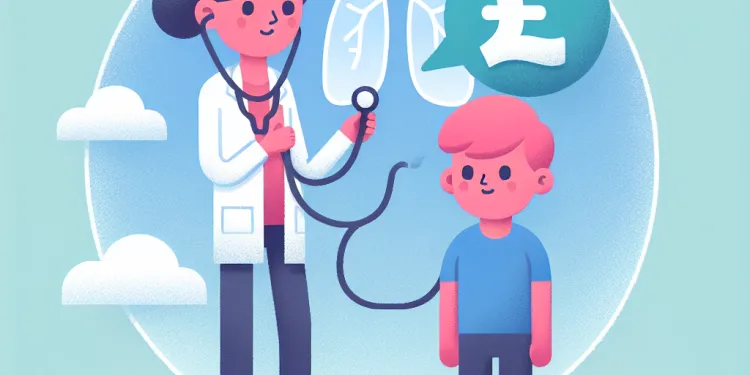
What is lupus in children?
Relevance: 100%
-
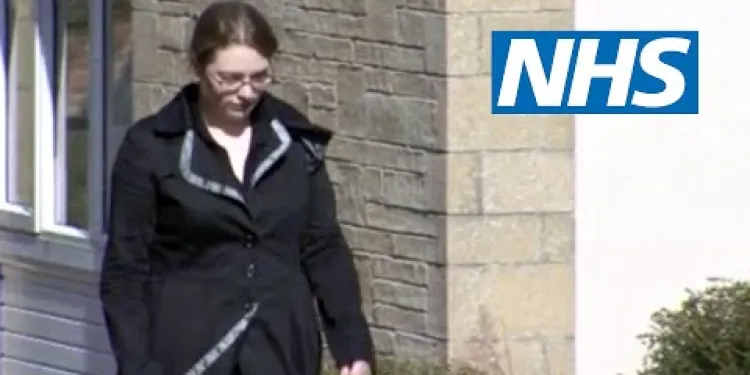
Lupus in children | NHS
Relevance: 99%
-
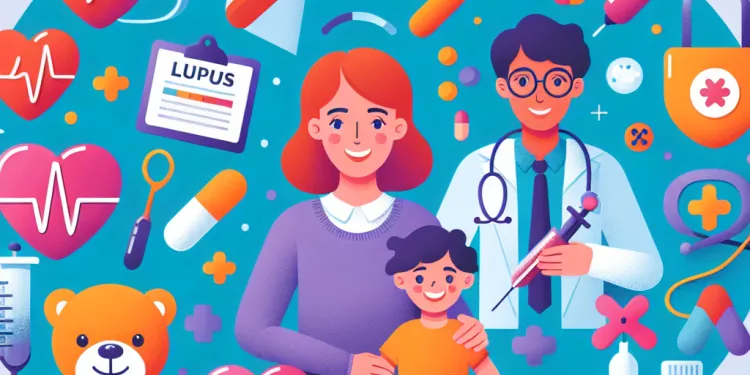
What causes lupus in children?
Relevance: 96%
-
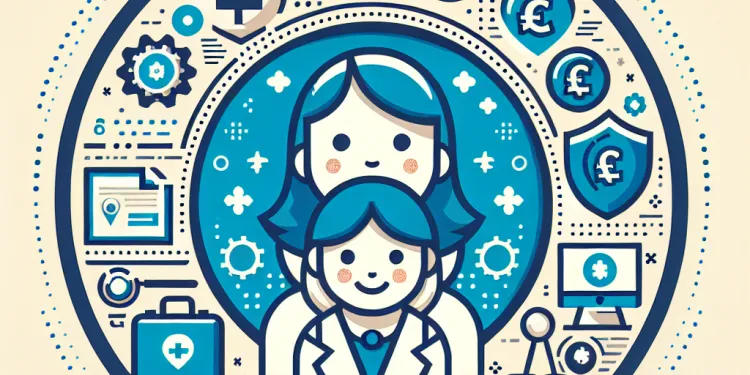
How is lupus diagnosed in children?
Relevance: 95%
-

What are the common symptoms of lupus in children?
Relevance: 92%
-
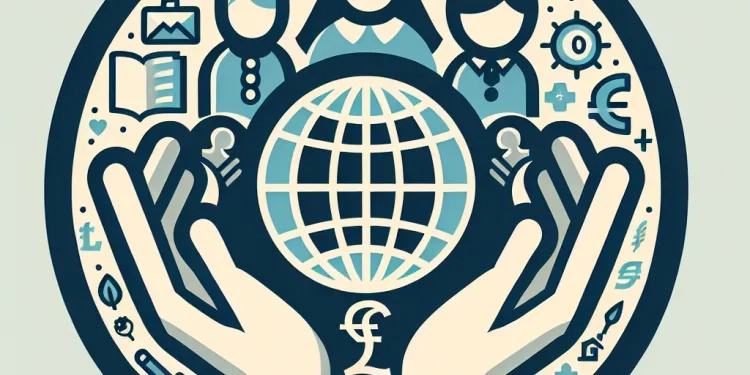
Who are SEND children?
Relevance: 31%
-

What are SEND children?
Relevance: 31%
-
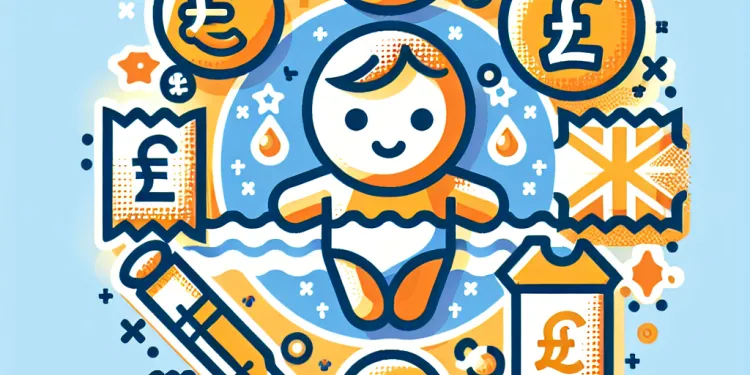
Is Baxdrostat suitable for children?
Relevance: 31%
-
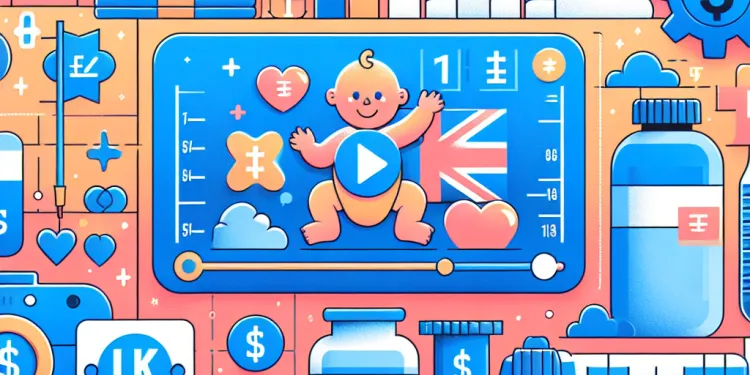
Children's Vaccination Schedule
Relevance: 30%
-
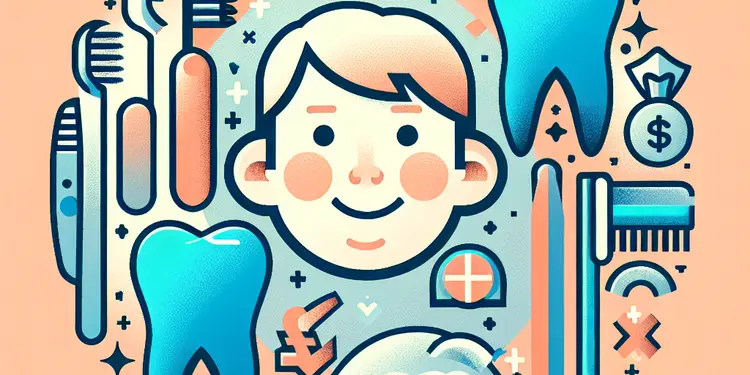
Is tooth decay common in children?
Relevance: 29%
-

Are there specific mobility equipment for children?
Relevance: 29%
-

Can children use Mounjaro?
Relevance: 29%
-
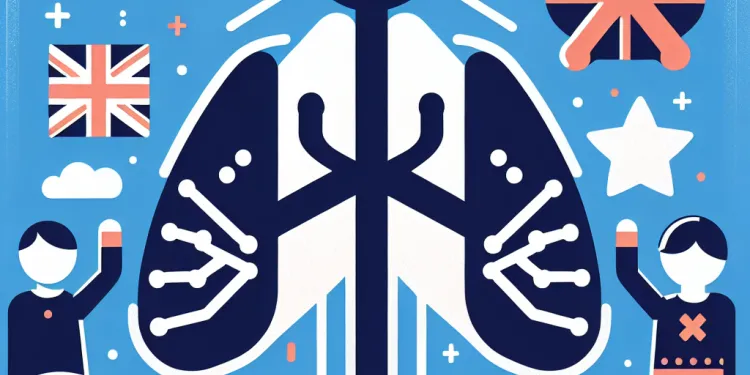
Can children outgrow asthma?
Relevance: 29%
-
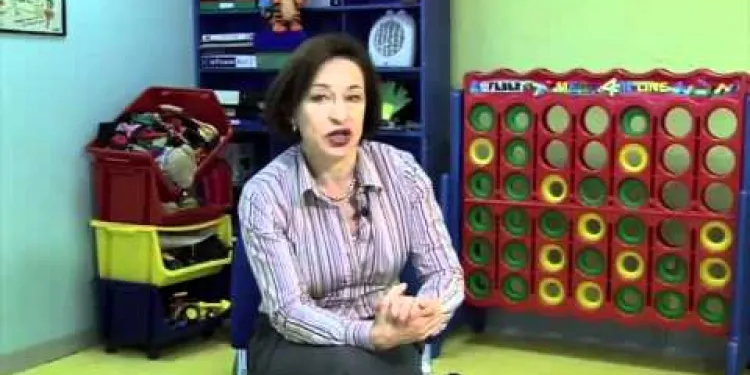
Children With Co-ordination Difficulties and Dyspraxia
Relevance: 29%
-
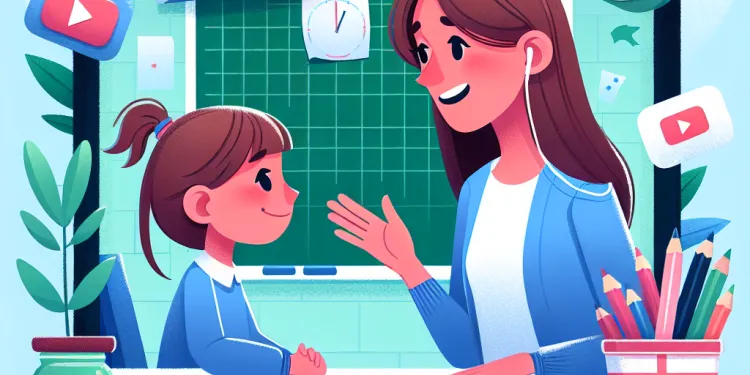
Understanding Mental Health in Children
Relevance: 29%
-

Can Wegovy be used by children?
Relevance: 29%
-
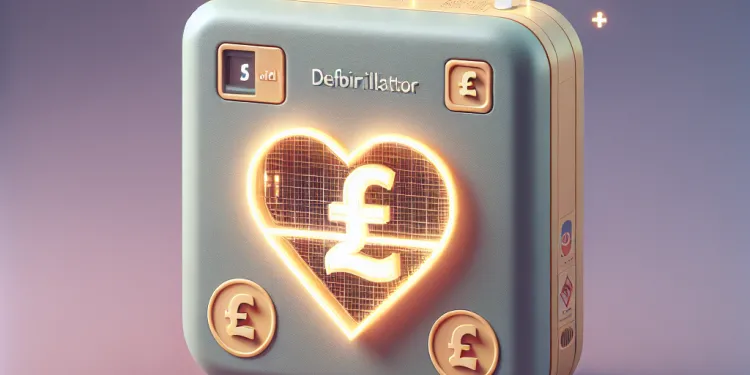
Can defibrillators be used on children?
Relevance: 29%
-
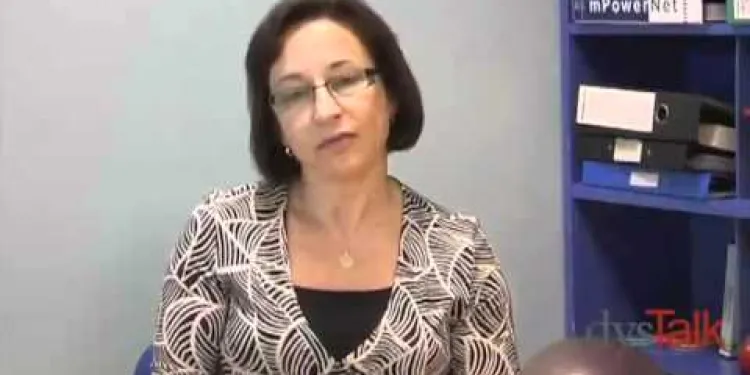
Dyspraxia Children: How to Help
Relevance: 29%
-

Why do some children stammer?
Relevance: 28%
-

Do groomers target children with specific vulnerabilities?
Relevance: 28%
-
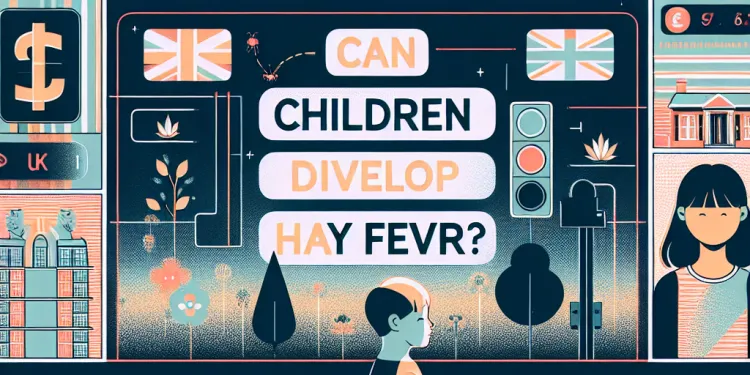
Can children develop hay fever?
Relevance: 28%
-
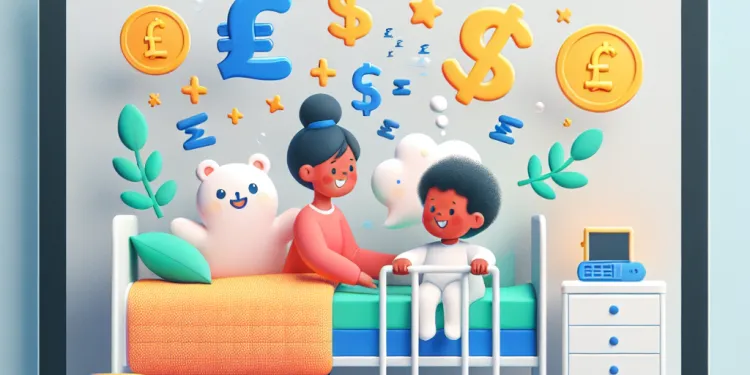
Can children have sleep apnea?
Relevance: 28%
-
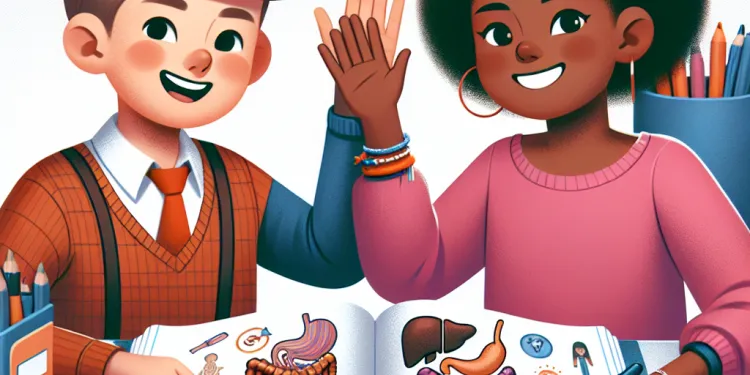
Can children develop Crohn's disease?
Relevance: 28%
-

How is progress measured for SEND children?
Relevance: 27%
-

Do SEND children attend mainstream schools?
Relevance: 27%
-

Can Wegovy tablets be used for children?
Relevance: 27%
-

Do children need a separate passport to travel to the EU?
Relevance: 27%
-
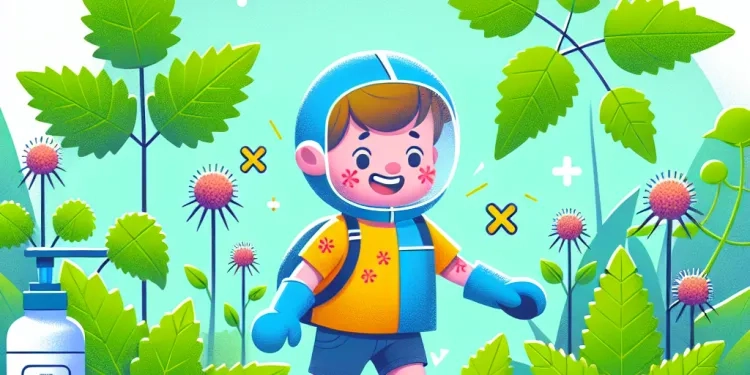
Can children get nettle rash?
Relevance: 27%
-
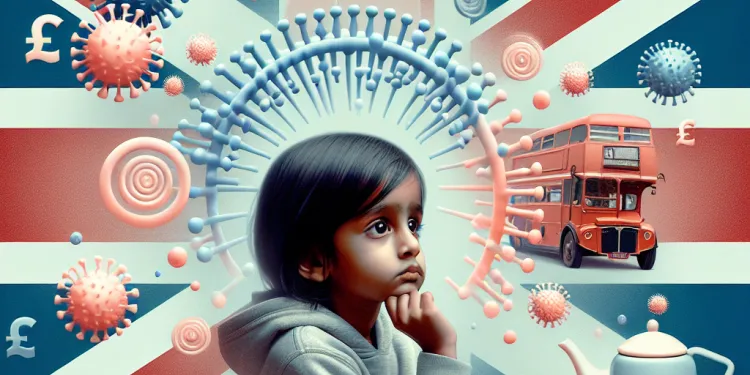
Are children more affected by new variants of COVID?
Relevance: 27%
-
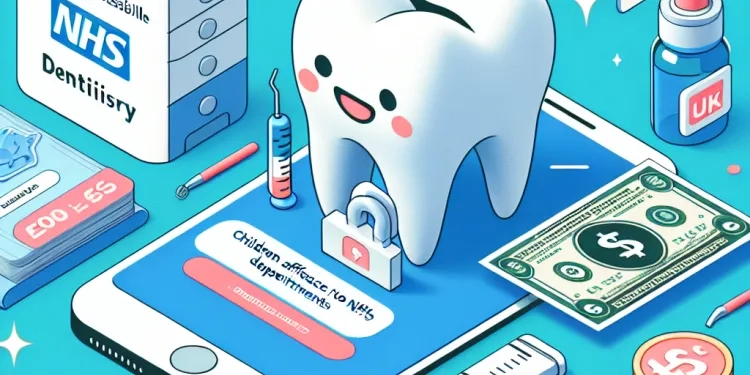
Can children get NHS dentist appointments?
Relevance: 27%
-
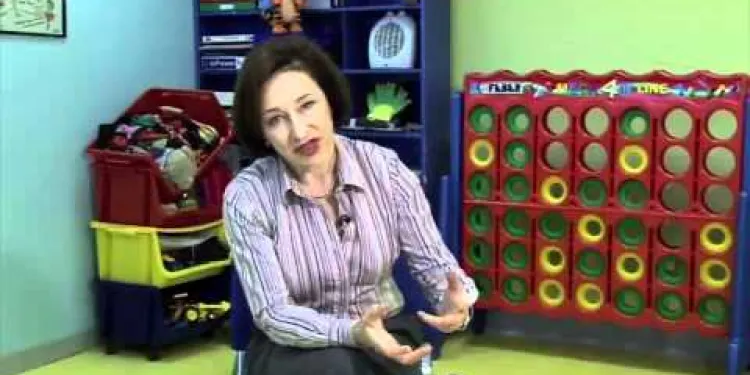
Helping Children With Co-ordination Difficulties
Relevance: 27%
-

Can SEND children access extracurricular activities?
Relevance: 27%
-

Can children develop chronic fatigue syndrome?
Relevance: 27%
-

Are there any criticisms of the social media ban for children?
Relevance: 26%
-
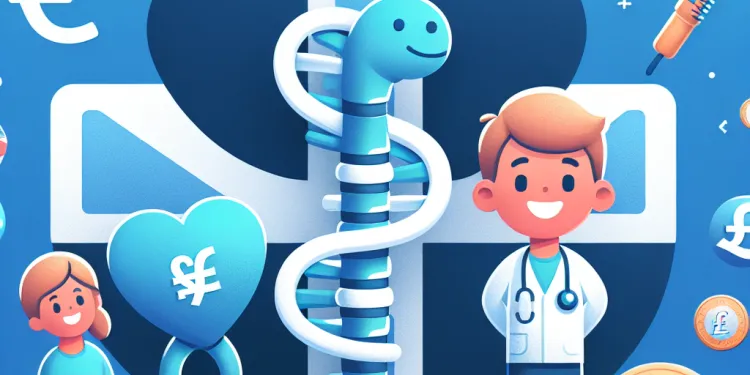
Can children benefit from chiropractic care?
Relevance: 26%
-
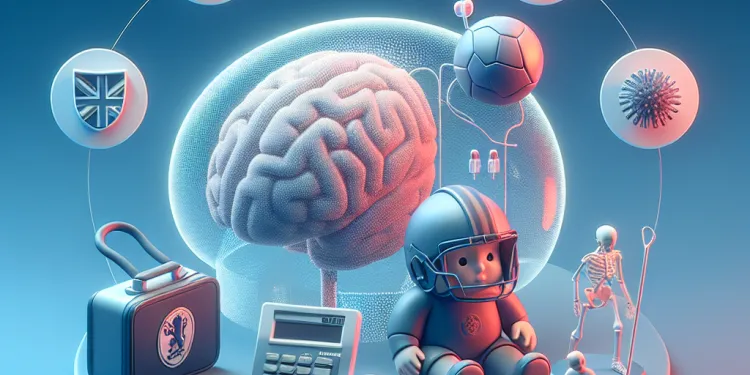
Are children more susceptible to concussions than adults?
Relevance: 26%
-
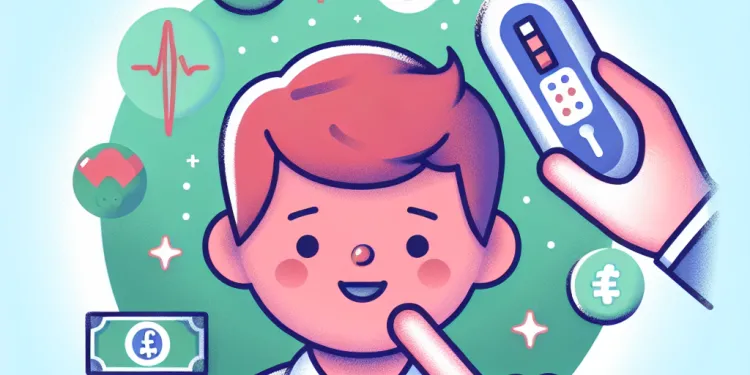
Which medication should be avoided for children with fevers?
Relevance: 26%
-

What is the social media ban for children in Australia?
Relevance: 26%
-

Can children with disabilities access school meals?
Relevance: 26%
-
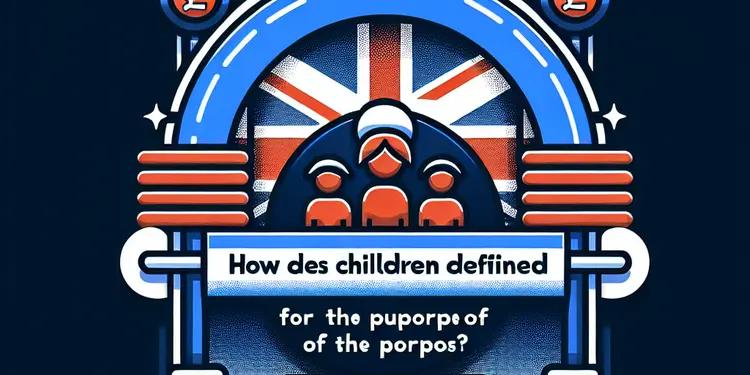
How are children defined for the purpose of this ban?
Relevance: 26%
Lupus in Children: Understanding, Symptoms, and Treatment
What is Lupus?
Lupus, or systemic lupus erythematosus (SLE), is a chronic autoimmune disease where the body's immune system mistakenly attacks healthy tissues. Although it is more common in adults, children and teenagers can also develop lupus. This condition can affect various parts of the body, including the skin, joints, kidneys, and other organs.Symptoms of Lupus in Children
The symptoms of lupus in children can vary widely and may come and go. Common signs include:- Fatigue
- Fever
- Joint pain and swelling
- Butterfly-shaped rash across the cheeks and nose
- Hair loss
- Sun sensitivity
- Kidney problems
Diagnosing Lupus in Children
If lupus is suspected, a thorough medical evaluation is required. This often includes:- Blood and urine tests to check for specific antibodies and kidney function
- Imaging tests to identify inflammation in organs
- Biopsies, particularly of the skin or kidneys, to confirm the diagnosis
Treatment Options
While there is no cure for lupus, treatments focus on controlling symptoms and preventing flare-ups. Common treatments include:- Nonsteroidal anti-inflammatory drugs (NSAIDs) for pain and inflammation
- Corticosteroids to reduce immune system activity
- Immunosuppressive medications
- Antimalarial drugs, such as hydroxychloroquine, to manage symptoms
Living with Lupus
Living with lupus requires ongoing management and lifestyle adjustments. For children, this means regular medical check-ups, taking prescribed medications, and possibly modifying activities to prevent symptom flare-ups. Support from family, friends, and support groups can be invaluable. The NHS provides resources and support for families navigating this chronic condition.Conclusion
Understanding lupus in children is essential for managing the disease effectively. Early diagnosis, appropriate treatment, and supportive care can help children lead healthier lives. If you suspect your child might have lupus, consult a healthcare professional for further evaluation and guidance.Lupus in Children: Understanding, Symptoms, and Treatment
What is Lupus?
Lupus is a sickness. It makes the body's defense system fight healthy parts by mistake. It mostly happens to grown-ups, but kids and teenagers can get it too. Lupus can affect the skin, joints, kidneys, and other body parts.Symptoms of Lupus in Children
Lupus signs can be different for everyone. They may come and go. Common signs in children include:- Feeling very tired
- Having a fever
- Sore and swollen joints
- A rash that looks like a butterfly across the cheeks and nose
- Losing hair
- Skin problems from being in the sun
- Trouble with kidneys
Diagnosing Lupus in Children
Doctors do many tests to find out if a child has lupus. These might include:- Checking blood and urine for signs of lupus
- Looking inside the body with imaging tests to see if there's any swelling
- Taking a small sample (biopsy) from the skin or kidneys to check under a microscope
Treatment Options
There is no cure for lupus, but with treatment, symptoms can be managed. Common treatments are:- Drugs like NSAIDs to help with pain and swelling
- Medicines called corticosteroids to calm the immune system
- Medicines that lower immune system activity
- Special drugs, like hydroxychloroquine, for symptoms
Living with Lupus
Children with lupus need to see their doctor regularly and take medicine. They might have to change some activities to feel better. Support from family and friends is very important. The NHS offers help and information for families living with lupus.Conclusion
Knowing about lupus in children helps in fighting the disease. Early checking, proper treatment, and support make life better for children with lupus. If you think your child might have lupus, talk to a healthcare professional. They can help you find out more and support you.Frequently Asked Questions
What is lupus in children?
Lupus is a chronic autoimmune disease where the body's immune system mistakenly attacks healthy tissue. Symptoms can vary widely, commonly affecting the skin, joints, kidneys, brain, and other organs in children.
What are the common symptoms of lupus in children?
Common symptoms include fatigue, joint pain and swelling, skin rashes (especially a butterfly-shaped rash on the face), fever, and sensitivity to sunlight.
How is lupus diagnosed in children?
Diagnosis typically involves a combination of medical history, physical examination, blood tests (such as ANA, anti-dsDNA antibodies), urine tests, and imaging studies.
What causes lupus in children?
The exact cause of lupus is unknown, but it is believed to result from a combination of genetic, environmental, and possibly hormonal factors.
Is lupus common in children?
Lupus is relatively rare in children compared to adults. However, when it does occur, it requires careful management and treatment.
Can lupus be cured in children?
There is currently no cure for lupus, but with appropriate medical treatment and lifestyle changes, many children can manage symptoms and maintain a good quality of life.
What treatments are available for children with lupus?
Treatment typically includes medications such as nonsteroidal anti-inflammatory drugs (NSAIDs), corticosteroids, antimalarials, and immunosuppressants, alongside lifestyle changes to manage symptoms and prevent flares.
Are there any lifestyle modifications recommended for children with lupus?
Yes, it includes regular exercise, balanced diet, avoiding sun exposure, using sunscreen, getting adequate rest, and managing stress.
Can children with lupus attend school?
Yes, most children with lupus can attend school. It’s important to work with the school to accommodate any special needs, such as rest periods and protection from sun exposure.
How can parents support a child with lupus?
Parents can support by helping maintain a regular medication schedule, ensuring a healthy lifestyle, attending regular follow-up appointments, and providing emotional support.
What should I do if my child's lupus symptoms worsen?
Seek immediate medical advice. It might be necessary to adjust medications or treatment plans. Documenting symptoms can help your healthcare provider in managing the condition effectively.
Are vaccinations safe for children with lupus?
Children with lupus can receive most vaccines. However, live vaccines are generally avoided. Always consult with your healthcare provider before vaccinations.
Can a child with lupus participate in sports?
Many children with lupus can participate in sports, but it's important to choose activities that are not overly strenuous and ensure adequate rest periods. Consult your healthcare provider for specific recommendations.
How often should a child with lupus visit the doctor?
Regular follow-up appointments are crucial for monitoring the child's condition and treatment effectiveness. Frequency will depend on the severity of the disease and treatment plan.
Are there any support groups for families of children with lupus?
Yes, there are support groups and resources available through organisations such as Lupus UK and other local support networks. These can provide valuable information and emotional support.
What is lupus in children?
Lupus is a sickness that can make kids feel tired and hurt. It makes their body fight itself by mistake. It can give them rashes on the skin and make their joints ache. Sometimes, it can make kids feel weak and unwell.
If you need help understanding more, you can ask a doctor or nurse. They can explain it simply.
Using pictures and videos can also help you learn about lupus. Try to take notes to remember what you learn.
Lupus is a long-lasting illness. It makes the body's defense system attack its own healthy parts by mistake. Symptoms can be different for each person. Lupus usually affects the skin, joints, kidneys, brain, and other body parts in kids.
If you need help reading, you can use tools that read text out loud or apps that make text bigger and clearer. These can make understanding easier.
What signs show lupus in children?
Lupus is a sickness. Here are some signs that a child might have lupus:
- Feeling very tired
- Skin rash
- Pain in joints, like knees or elbows
- Fever without a reason
- Swollen parts of the body, like hands or feet
If your child shows these signs, it's good to talk to a doctor. You can also use pictures or drawings to help explain these signs to your child.
There are some common signs to look out for. You might feel very tired. You might have sore or swollen joints. You could get skin rashes. Some people get a special kind of rash shaped like a butterfly on their face. You might have a fever, which means your body feels very hot. Being in the sun might make it worse.
How do doctors find out if a child has lupus?
To find out what is wrong, doctors look at your health history, do a check-up, and use some tests. They might take some of your blood and check it. Some tests look for special markers like ANA and anti-dsDNA antibodies. They might also test your pee and do pictures of the inside of your body, like X-rays or ultrasounds.
Why do children get lupus?
Lupus is a sickness. It makes the body attack itself. No one knows exactly why children get lupus. There are some ideas about why it happens:
- Genes: Sometimes it runs in families. If someone in your family has lupus, you might have it too.
- Environment: Things around you can play a part, like too much sun.
- Infections: Some germs might start lupus.
- Body Changes: Having a lot of stress or changes in the body can matter.
If you think you or someone you know has lupus, it's important to talk to a doctor. They can help find out what's going on.
Using picture books or talking with someone can help understand lupus better.
No one knows exactly what causes lupus. It might happen because of a mix of things you get from your parents (genes), things around you (environment), and changes in body chemicals (hormones).
Do a lot of kids have lupus?
Lupus is a sickness. It affects the body.
Not many kids get lupus. It is not common.
If you think a child might have lupus, see a doctor. The doctor can help.
To learn more, you can use books or videos for kids. Ask a grown-up to help explain.
Lupus does not happen to many kids. It mostly happens to grown-ups. But if kids get lupus, doctors need to look after them very carefully and give them the right medicine.
Can doctors make lupus go away in kids?
Right now, there is no fix for lupus. But with the right help from doctors and changes in how they live, many kids can feel better and live happily.
What treatments can help children with lupus?
Lupus is a sickness that can make children feel tired and sore. There are treatments to help them feel better:
- Medicine: Doctors can give children medicine to help with pain and swelling.
- Rest: Getting lots of rest helps children feel less tired.
- Healthy Food: Eating good meals can make children feel stronger.
- Exercise: Doing gentle exercises can help their bodies stay active.
It is important to talk with a doctor to find the best ways to help. Also, things like having a routine, using picture schedules, or using apps that remind about medicine times can be very helpful.
Treatment usually includes different types of medicine. These can be:
- Pain relievers, like ibuprofen, to help with swelling and pain.
- Medicines to help calm the immune system.
- Special drugs that doctors also use for malaria.
- Strong medicines to stop the body from attacking itself.
You might also need to change some things in your daily life. This can help you feel better and stop it from getting worse.
Here are some things that might help you:
- Eating healthy foods.
- Getting regular exercise.
- Getting enough sleep.
- Talking to your doctor about how you feel.
How can children with lupus live a healthy life?
Here are some ways to help children with lupus:
- Eat healthy foods like fruits and vegetables.
- Get enough sleep every night.
- Play and exercise gently, like walking or swimming.
- Wear sunscreen to protect skin when outside.
- Visit the doctor regularly to check on health.
- Talk with teachers and friends about how they can help.
Using tools like reminder apps can help remember doctor visits and taking medicine. Parents and caregivers can support and encourage children too.
Yes, you should:
- Exercise often
- Eat healthy food
- Stay out of the sun too much
- Wear sunscreen
- Get enough sleep
- Relax and stay calm
These are good ways to stay healthy and feel good.
If reading is difficult, you can:
- Ask someone to read it to you
- Use a text-to-speech app
Can children with lupus go to school?
Yes, children with lupus can go to school. Lupus is an illness, but many children can still do lots of things. It is important for them to rest when they need to. They might need some help at school, like extra time for work or tests.
Here are some things that can help:
- Talk to the teachers about lupus. They can learn how to help.
- Make a plan for days when the child feels sick.
- Give the child breaks to rest if they feel tired.
- Let the child have water and snacks if they need them.
Yes, most kids with lupus can go to school. It's important to talk to the school to make sure they help with any special needs. This can include time to rest and staying safe from the sun.
How can parents help a child with lupus?
Lupus is a sickness that can make children feel tired and sore. Parents can do things to help their child feel better.
Listen: Talk with your child and listen to how they feel.
Doctor Visits: Take your child to the doctor to get medicine and care.
Rest: Make sure your child gets lots of sleep and rest.
Healthy Food: Give your child food that is good for them, like fruits and vegetables.
School Help: Talk to teachers so your child gets help at school if they need it.
Support Groups: Find groups where other kids with lupus can talk and play together.
Tools: Use a calendar to remember doctor visits and medicine times.
These actions can help your child with lupus feel better and be happy.
Parents can help by making sure their child takes medicine at the right times. They can also help by making sure their child eats healthy food, plays, and sleeps well. Parents should take their child to the doctor for check-ups. It is important to talk and listen to their child so they feel loved and supported.
What can I do if my child's lupus gets worse?
Go to the doctor right away. You might need to change your medicine or treatment. Write down your symptoms to help the doctor take care of you better.
Is it safe for children with lupus to have vaccines?
Children with lupus can get some vaccines. But it is important to ask a doctor. The doctor knows which vaccines are safe.
If your child has lupus, talk to the doctor about vaccines. They will help you make the best choice.
Here are some tips to help understand:
- Ask the doctor any questions you have.
- Take notes to remember what the doctor says.
- Use pictures or charts to help explain things.
- Ask a family member or friend to come with you to the doctor.
Kids with lupus can get most shots. But, some shots with live germs are usually not given. Always talk to your doctor before getting any shots.
Can a child with lupus play sports?
Children with lupus may play sports, but it is important to check with a doctor first.
Lupus is an illness that makes people feel tired and sore. Some days, they might feel better and can play. Other days, they might need to rest.
If a child with lupus wants to play sports, talk to their doctor to find out what is safe. The doctor can help plan breaks and rest days.
Use memory aids, like pictures or lists, to help remember when to rest or take medicine.
Many kids with lupus can play sports.
But it's important to pick activities that are not too hard.
Make sure there is enough time to rest.
Talk to your doctor for advice on what is best.
How many times should a child with lupus go to the doctor?
A child with lupus should see the doctor regularly. Regular means they go often.
The doctor will say how often to come.
Most children with lupus go to the doctor every few months.
Use a calendar or a reminder app to help remember doctor visits.
It is important to see the doctor regularly. This helps to check how the child is doing and if the treatment is working. How often you need to go will depend on how serious the illness is and what the doctor says.
For help with reading, you can use tools like audiobooks or ask someone to read with you.
Can I find help groups for families with kids who have lupus?
Yes, there are groups and help you can find. You can get help from places like Lupus UK and other local groups. They can give you important information and make you feel better.
Useful Links
This website offers general information and is not a substitute for professional advice.
Always seek guidance from qualified professionals.
If you have any medical concerns or need urgent help, contact a healthcare professional or emergency services immediately.
Some of this content was generated with AI assistance. We’ve done our best to keep it accurate, helpful, and human-friendly.
- Ergsy carfully checks the information in the videos we provide here.
- Videos shown by Youtube after a video has completed, have NOT been reviewed by ERGSY.
- To view, click the arrow in centre of video.
- Most of the videos you find here will have subtitles and/or closed captions available.
- You may need to turn these on, and choose your preferred language.
- Go to the video you'd like to watch.
- If closed captions (CC) are available, settings will be visible on the bottom right of the video player.
- To turn on Captions, click settings .
- To turn off Captions, click settings again.
More Items From Ergsy search
-

What is lupus in children?
Relevance: 100%
-

Lupus in children | NHS
Relevance: 99%
-

What causes lupus in children?
Relevance: 96%
-

How is lupus diagnosed in children?
Relevance: 95%
-

What are the common symptoms of lupus in children?
Relevance: 92%
-

Who are SEND children?
Relevance: 31%
-

What are SEND children?
Relevance: 31%
-

Is Baxdrostat suitable for children?
Relevance: 31%
-

Children's Vaccination Schedule
Relevance: 30%
-

Is tooth decay common in children?
Relevance: 29%
-

Are there specific mobility equipment for children?
Relevance: 29%
-

Can children use Mounjaro?
Relevance: 29%
-

Can children outgrow asthma?
Relevance: 29%
-

Children With Co-ordination Difficulties and Dyspraxia
Relevance: 29%
-

Understanding Mental Health in Children
Relevance: 29%
-

Can Wegovy be used by children?
Relevance: 29%
-

Can defibrillators be used on children?
Relevance: 29%
-

Dyspraxia Children: How to Help
Relevance: 29%
-

Why do some children stammer?
Relevance: 28%
-

Do groomers target children with specific vulnerabilities?
Relevance: 28%
-

Can children develop hay fever?
Relevance: 28%
-

Can children have sleep apnea?
Relevance: 28%
-

Can children develop Crohn's disease?
Relevance: 28%
-

How is progress measured for SEND children?
Relevance: 27%
-

Do SEND children attend mainstream schools?
Relevance: 27%
-

Can Wegovy tablets be used for children?
Relevance: 27%
-

Do children need a separate passport to travel to the EU?
Relevance: 27%
-

Can children get nettle rash?
Relevance: 27%
-

Are children more affected by new variants of COVID?
Relevance: 27%
-

Can children get NHS dentist appointments?
Relevance: 27%
-

Helping Children With Co-ordination Difficulties
Relevance: 27%
-

Can SEND children access extracurricular activities?
Relevance: 27%
-

Can children develop chronic fatigue syndrome?
Relevance: 27%
-

Are there any criticisms of the social media ban for children?
Relevance: 26%
-

Can children benefit from chiropractic care?
Relevance: 26%
-

Are children more susceptible to concussions than adults?
Relevance: 26%
-

Which medication should be avoided for children with fevers?
Relevance: 26%
-

What is the social media ban for children in Australia?
Relevance: 26%
-

Can children with disabilities access school meals?
Relevance: 26%
-

How are children defined for the purpose of this ban?
Relevance: 26%


